10 Tips to Improve Productivity – Productivity, for an entrepreneur, refers to the efficient and effective use of resources to achieve business goals and maximize output. Entrepreneurs often wear multiple hats and are responsible for various aspects of their business, making productivity a crucial factor in their success.
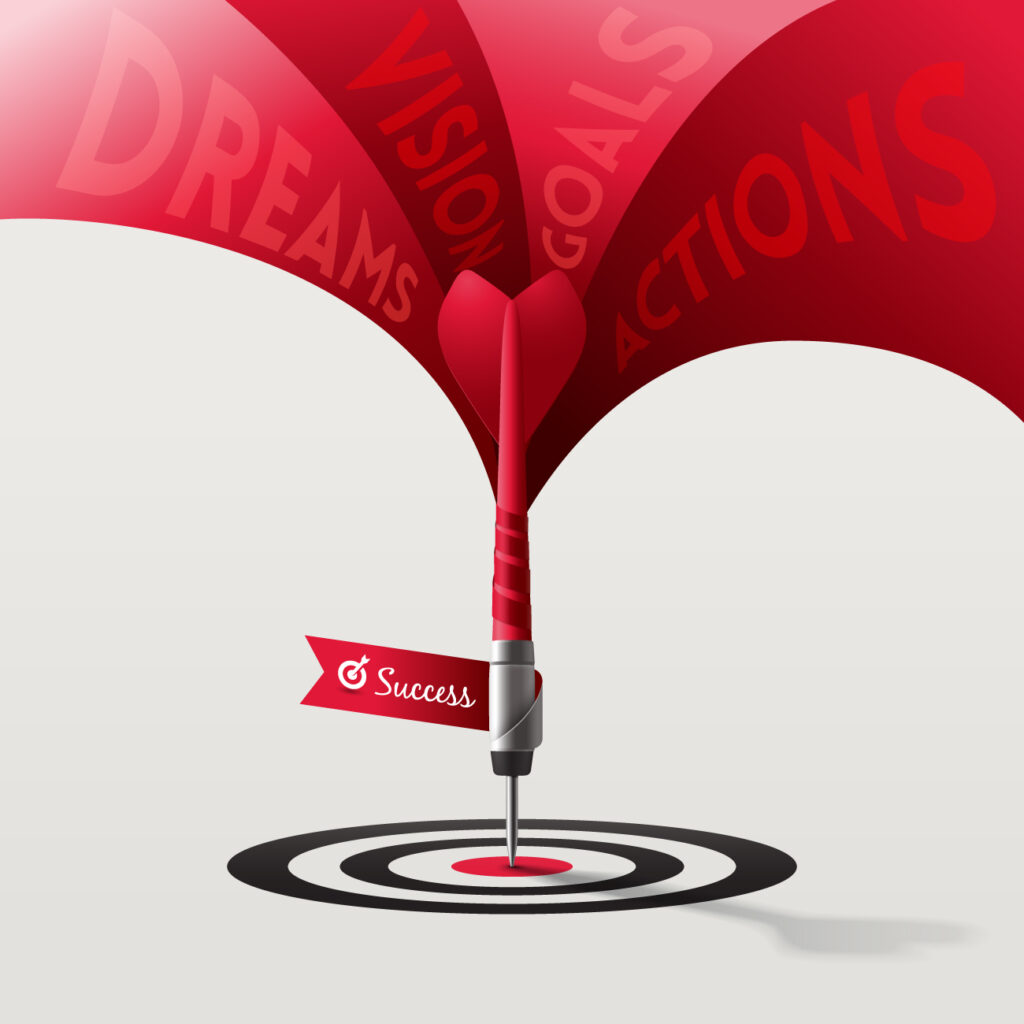
Set clear targets: Know what you want to achieve in the short and long term. Having clear goals will give you direction and motivation, helping you stay focused and productive.
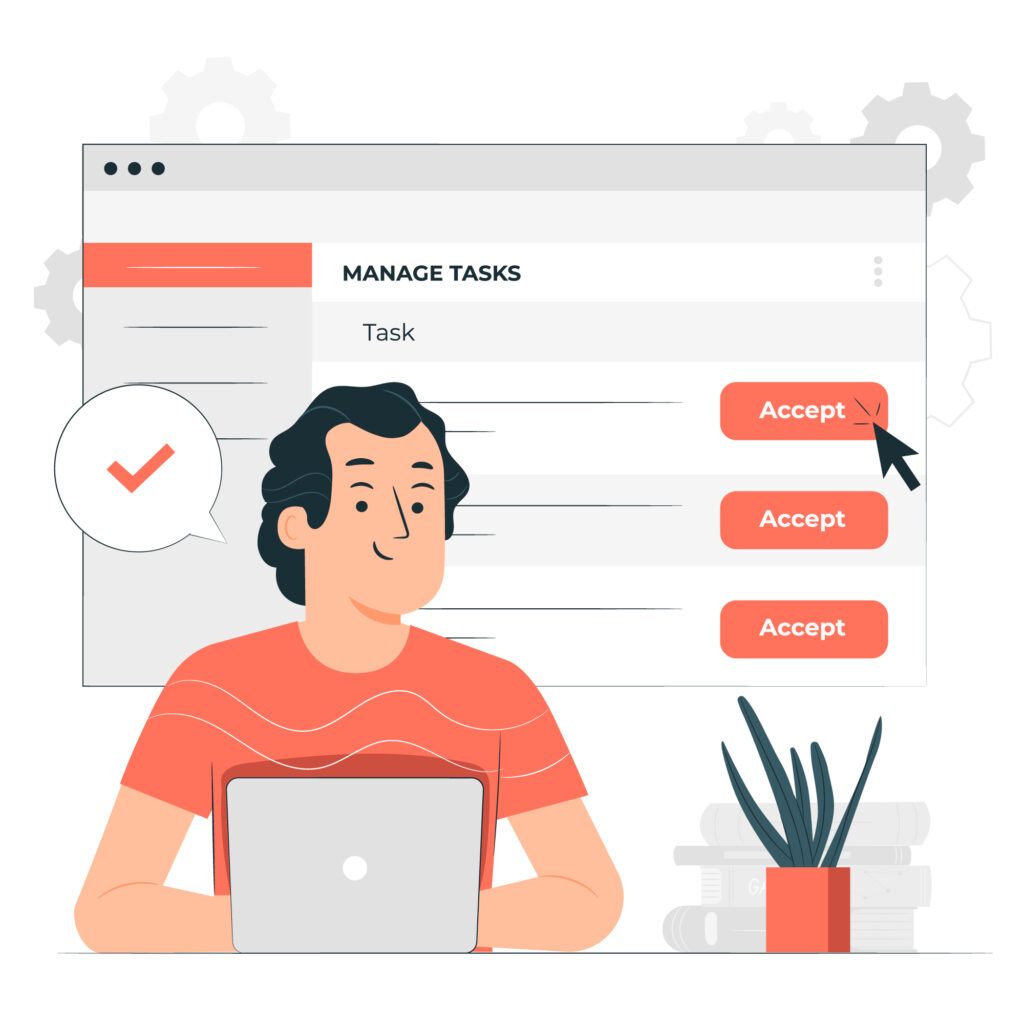
Prioritize tasks: Identify the most important tasks and do them first. Use tools like the Eisenhower Matrix to prioritize tasks effectively.
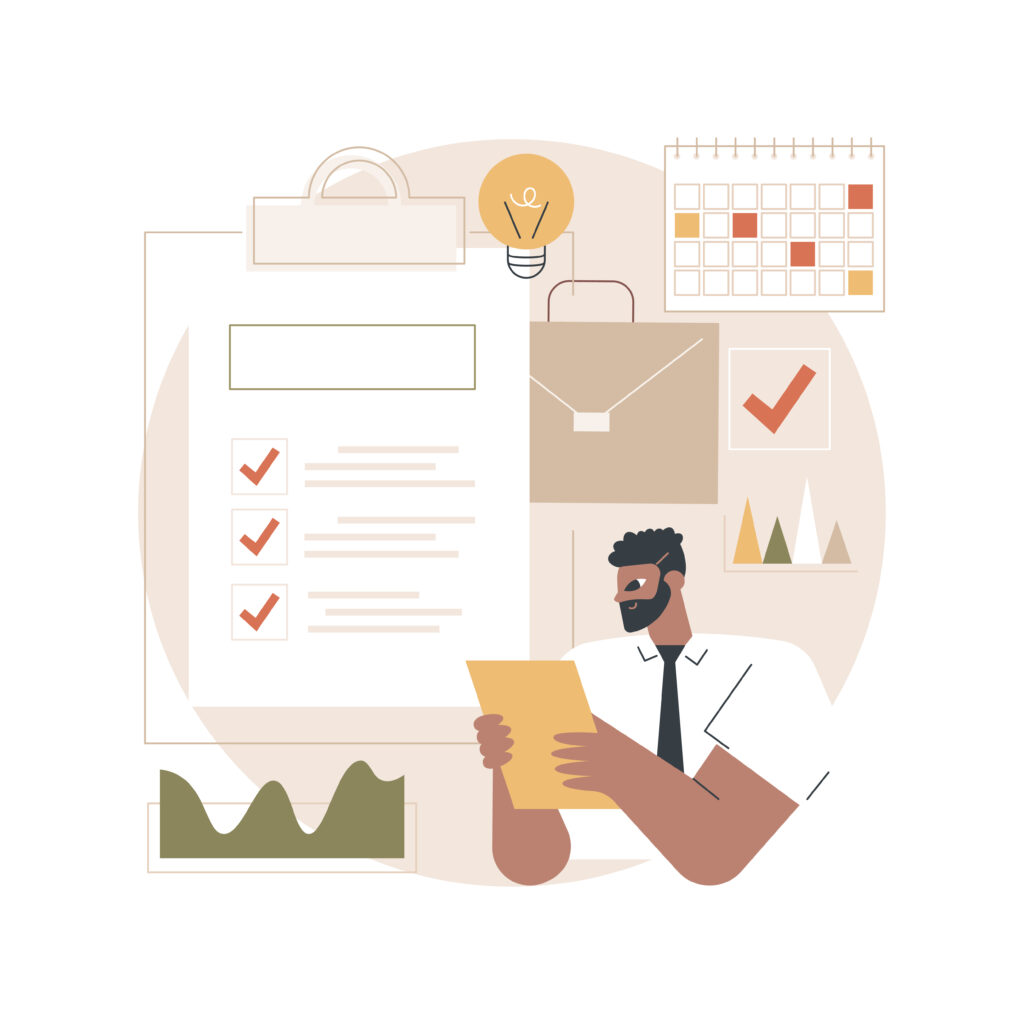
Make a to-do list: Break down your tasks into smaller, more manageable items and make a to-do list. Checking off completed tasks will give you a sense of accomplishment and keep you going.
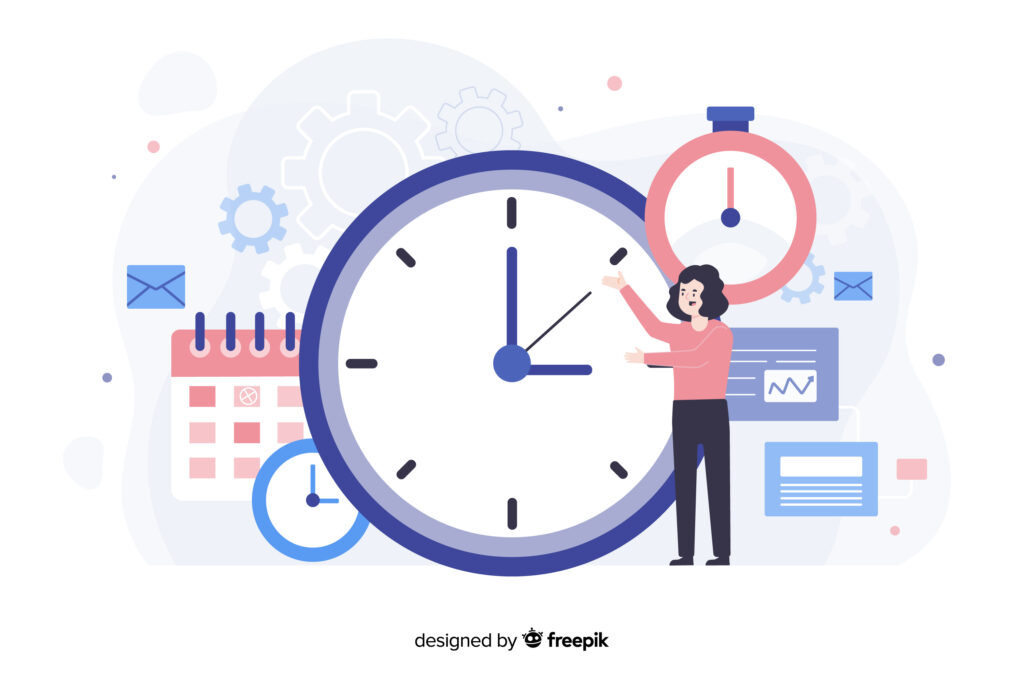
Manage your time: Use your time wisely. Use tools like the Pomodoro Technique (The Pomodoro Technique is a time management method based on 25-minute stretches of focused work broken by five-minute breaks.), to stay focused and avoid burnout.
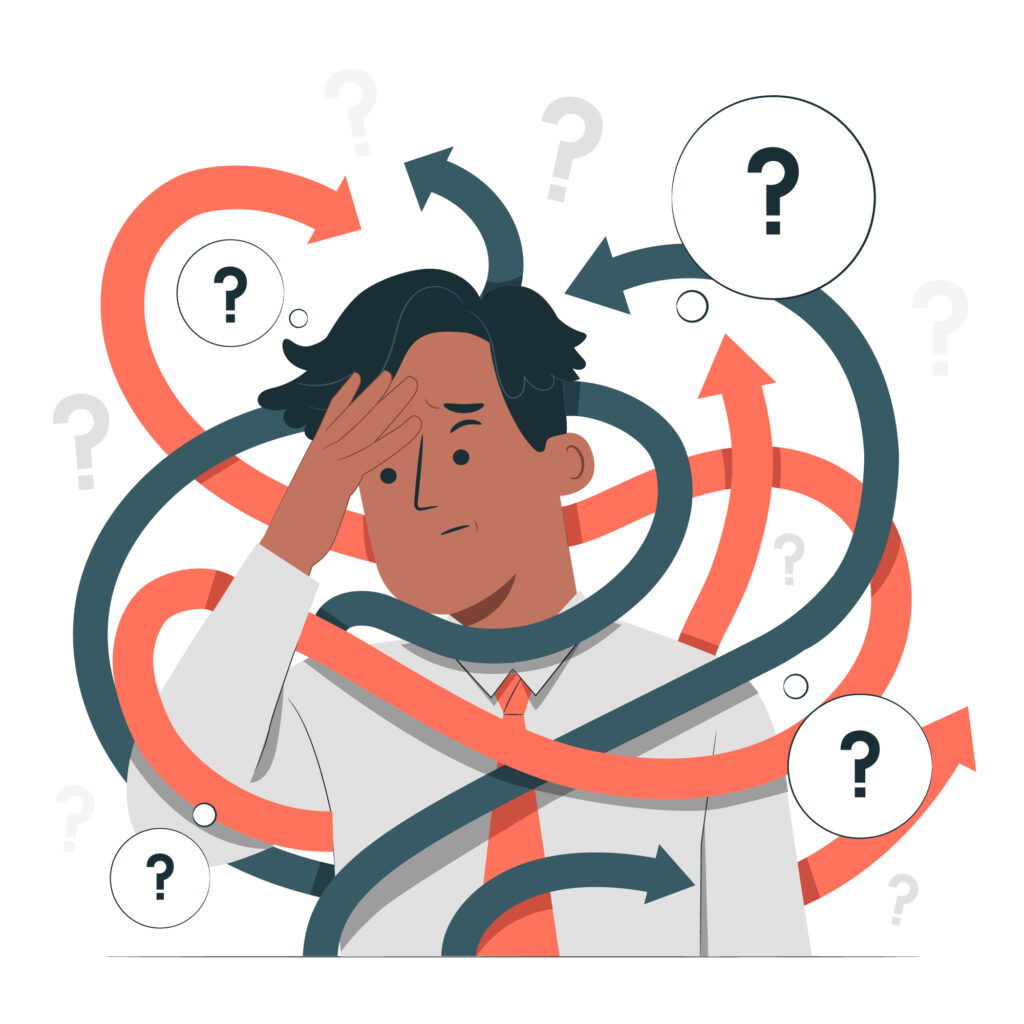
Eliminate distractions: Identify and get rid of distractions in your workspace. Turn off unnecessary notifications, find a quiet place to work, and set boundaries with others to minimize interruptions.
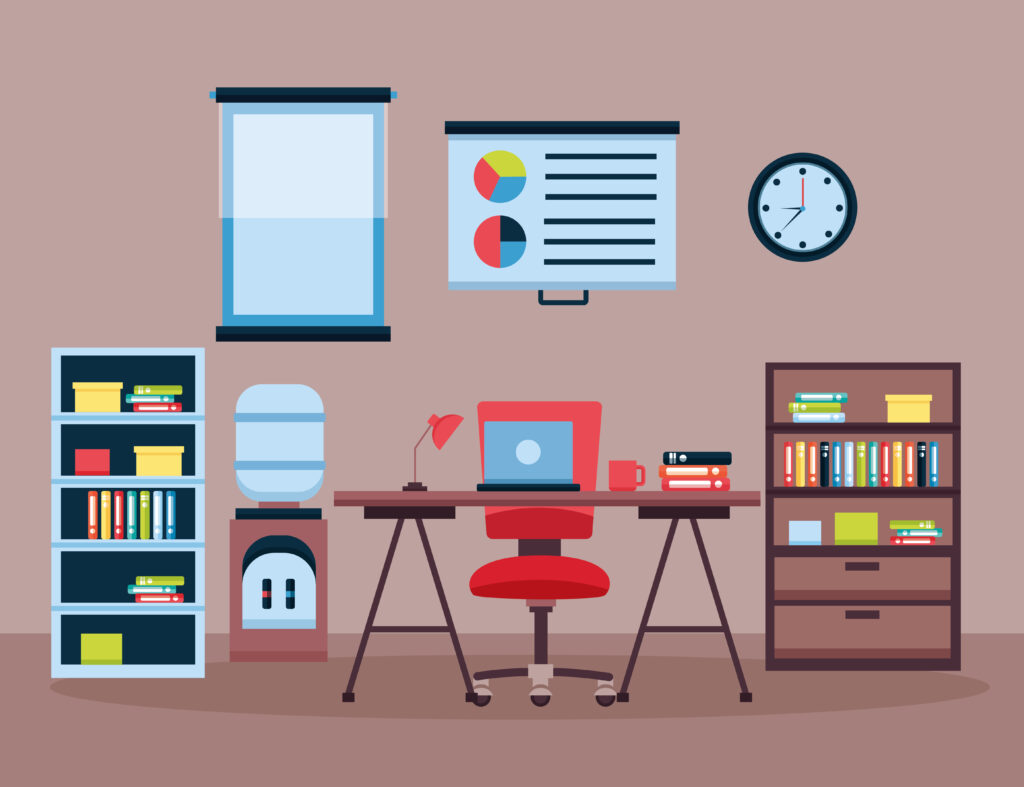
Organize your workspace: Keep your workspace clean and tidy. A clutter-free environment can help reduce stress and improve focus. Use tools like folders, labels, and digital organizers to stay organized.

Take breaks: Regular breaks are essential for maintaining productivity and creativity. Breaks can prevent mental fatigue and make you more efficient. Use your breaks to relax, stretch, or do something that refreshes your mind.
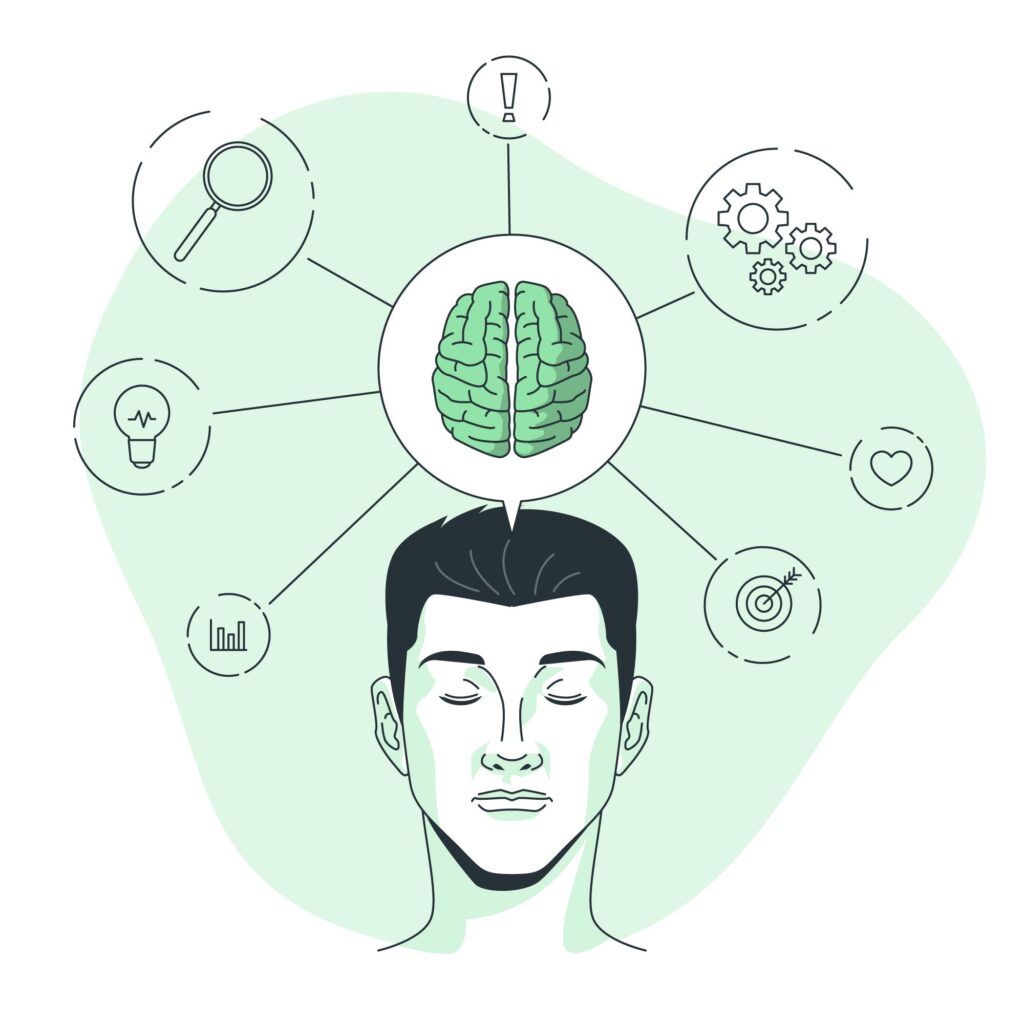
Be mindful: Stay present and focused on the task at hand. Mindfulness techniques, such as meditation and deep breathing, can help improve concentration and reduce stress, leading to increased productivity.

Learn to say no: Be mindful of your commitments. Don’t overload yourself with tasks and responsibilities. Learn to say no to tasks that don’t align with your goals or priorities, so you can focus on what’s truly important.
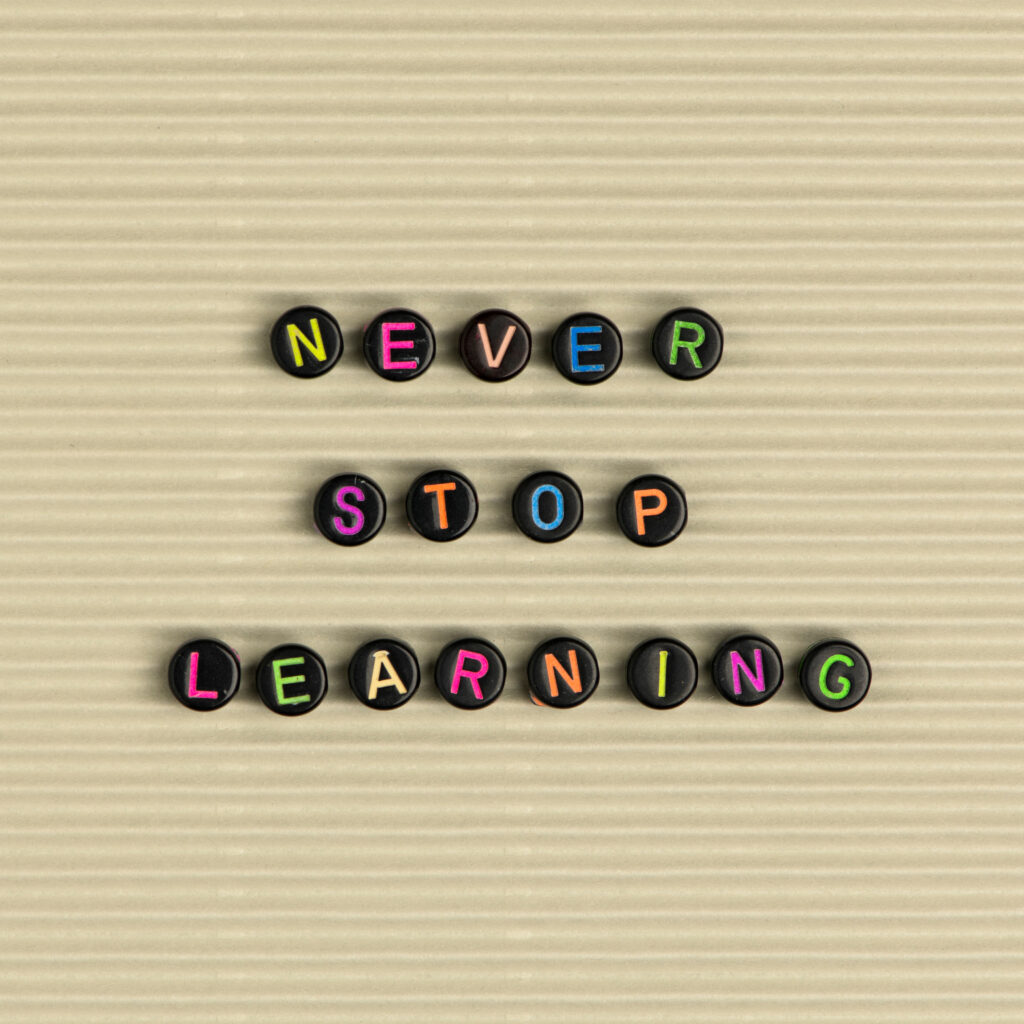
Keep learning: Invest in your skills and knowledge. Stay up-to-date on the latest trends and techniques in your field. Continuous learning will enhance your expertise and make you more efficient and productive in your work.
In simpler terms:
- Have clear goals of what you want to achieve.
- Do the most important tasks first.
- Make a list of things to do and check them off as you complete them.
- Use your time wisely.
- Get rid of distractions.
- Keep your workspace organized.
- Take breaks.
- Stay focused on the task at hand.
- Learn to say no to extra work.
- Keep learning new things.
Imagine productivity as a way to measure how well you use your time, energy, and effort to get things done effectively and efficiently.
When you work on a task, you use resources like your time, skills, and tools (these are the inputs). The results you achieve, whether it’s a finished project, a product, or a service, are the outputs.
Being productive means getting more done in less time or with less effort. It’s about finding smart ways to work so you can accomplish your goals without wasting resources.
Think of it like this: If you can make ten sandwiches in an hour instead of five, you’re being more productive because you’re using your time and ingredients more efficiently.
People and businesses always look for ways to be more productive, like finding faster methods or using new tools, because being productive helps you achieve more while using fewer resources.
In summary, productivity is the measure of how efficiently resources are used to produce valuable outputs. It is a fundamental concept in various fields, emphasizing the importance of using resources wisely to achieve maximum results. Increasing productivity often leads to higher profits, economic growth, and improved standards of living.


